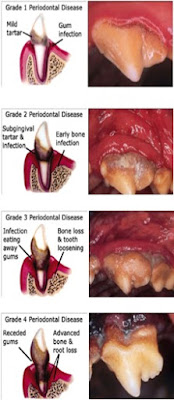With decorations lining the
streets and carols filling the supermarkets, I think that it is safe to say
that the festive season is well and truly upon us! With all the chaos that
comes with the silly season it can be difficult to remember the extra risks to
our pets that come with this time of year. This is a little reminder of things
that you can do to help ensure that your fur and feather children have a happy
and safe holiday period.
WARM WEATHER
It is important to mindful of how
the warm weather affects out pets. Older animals, overweight animals, animals
with heart disease, brachycephalic animals (“squishy face animals”- thinks
Pugs, Boxers, Bulldogs and Persian cats), and pocket pets (e.g. rabbits, guinea
pigs and birds) are most susceptible to hot weather. It is a good idea to avoid
exercise in the heat of the day, provide ample shade and multiple, plentiful
water sources. And remember that dogs die in hot cars- NEVER leave your pets
unattended in the car, not even for a minute! For more information on heat
stroke and how to beat the heat please refer to our blog “Are you ready for
warmer weather?”
ANIMAL IDENTIFICATION
Unfortunately many animals
become lost at this time of year. With
holidays and fireworks, many of our furred family can become frightened and
escape. You can minimise the risk of escape by ensuring that your yard is well
secured and by bringing your animals indoors during firework displays. Ensure
that your pet is wearing a collar and ID tag and that their microchip details
are up to date.
TRAVEL
If you are lucky enough to be
traveling over the holiday period, it is important to remember this pet travel
check list:
- Ensure that vaccinations are up to date (essential
for animals who will be staying in boarding kennels and catteries).
- Ensure that parasite prevention is up to date (particularly
heart worm and paralysis tick prevention if travelling north with your pet)
- Ensure that you have an adequate supply of
medications or prescription foods
-
Ensure that you have water and food supplies for
long car journeys with your animal
-
Ensure that contact details (microchip and ID tag)
are up to date
If you are traveling without your
pet please make sure that there is a plan in place in the event that they
should become unwell. Ensure that the person taking care of your pets knows about
any pre-existing medical conditions and which vet to take your pet to in the
event of an emergency.
A PET FOR CHRISTAMS IS A PET FOR
LIFE
As the festive season approaches,
please remember that a pet for Christmas is a pet for life! Puppies and kittens
will live for at least 10 years (well beyond this holiday period). If you
cannot emotionally and financially commit to them for their entire life, do the
animals a favour and get some socks instead!
CHRISTMAS DINNER
Avoid a common Christmas emergency
trip to the vet by ensuring that your pet doesn't help themselves to any
Christmas or BBQ food. Unfortunately we often see a few very sick animals after
they have gotten into rich food, the rubbish bin or even a full kebab stick. As
much as we love seeing you we would rather keep your pets safe and happy.
The team at Bendigo Animal
Hospital wish you and your animals a very happy and healthy holiday season!
Dr Jess
 |
| Happy Holidays! |











